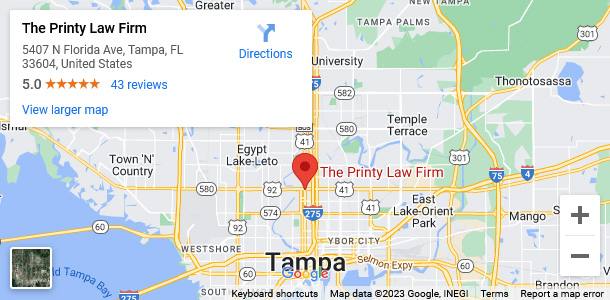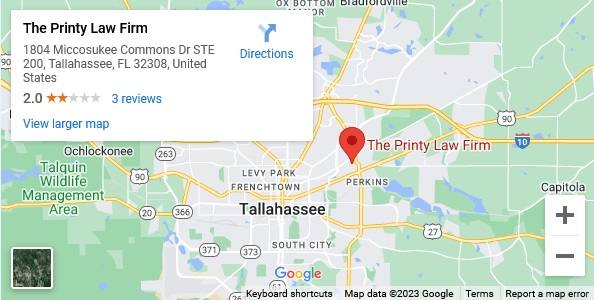Everyone deserves a fair shot at success in the workplace. If you have a disability, the right accommodation can make all the difference. This quick guide breaks down what employees need to know about requesting accommodations—and what employers must do to create an inclusive and supportive environment for employees with disabilities.
What is a Reasonable Accommodation?
A reasonable accommodation is a modification to a disabled employee’s work life that enables her to perform the essential job functions of her job without causing undue hardship to her employer. An accommodation is reasonable if it appears to be feasible, practical, and meets the needs of the employee. Meanwhile, an employer could experience undue hardship if the providing the accommodation would cause significant expense and fundamentally alter the operations of the company.
Legal Protections for People with Disabilities in the Workplace
The Americans with Disabilities Act protects employees from employment discrimination based on their disabilities. According to the ADA, an employee is entitled to request accommodations if they suffer from a qualifying disability. The ADA makes it illegal for an employer to retaliate against an employee for requesting an accommodation.
Need-to-Knows for Employees
Employees may request an accommodation under the ADA by:
- Submitting the request for an accommodation in writing;
- Specifying the limitations caused by their condition and the accommodations needed; or
- Providing appropriate medical documentation in support of their request.
Examples of Accommodations
- Modified work schedules (flexible hours, reduced shifts)
- Remote or hybrid work options
- Ergonomic equipment (chairs, keyboards, standing desks)
- Screen readers, captioning, or assistive technology
The Responsibilities of Employers
Upon receiving an accommodation request from an employee, employers should:
- Engage in the interactive process with the employee to determine possible solutions;
- Keep all medical information confidential; and
- Consult HR on ADA requirements.
Conclusion
Reasonable accommodations are not just a legal requirement—they are a cornerstone of a fair and inclusive workplace. By understanding their rights under the ADA, employees can advocate for the support they need to thrive.
If you need assistance submitting an accommodation request or believe that you have been retaliated against for requesting an accommodation, please do not hesitate to contact the Printy Law Firm online or call (813) 434-0649 for a consultation.





